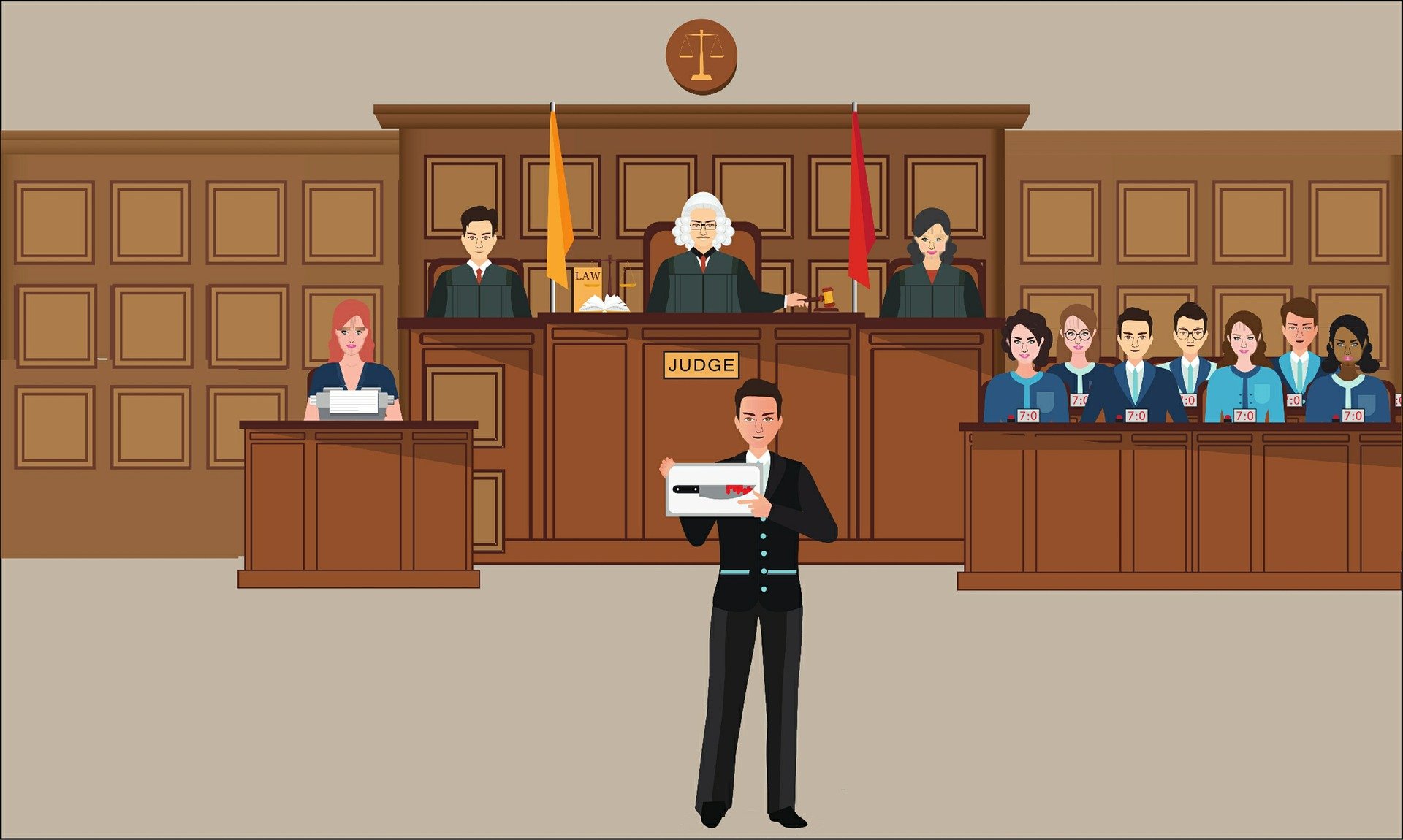Six months have passed since Julian Assange was released from prison, marking a brief respite after his 14-year legal and personal ordeal. However, despite this temporary freedom, Assange’s fight for justice remains unresolved. The Australian journalist, known for founding WikiLeaks and publishing classified government materials, continues to battle the consequences of his plea agreement with U.S. authorities.
The Legal and Political Impact of Assange’s Case
Assange’s decision to plea bargain with U.S. prosecutors resulted in a conviction and five years of prison time. This outcome has significant repercussions, not only for Assange’s future but also for the broader landscape of press freedom and the safety of journalists worldwide. Assange now carries the stigma of a convicted felon, and this conviction under the U.S. Espionage Act raises troubling questions about the future of investigative journalism.
The core issue lies in the precedent set by Assange’s case. The U.S. Espionage Act, historically used to prosecute spies, has been increasingly invoked against journalists who publish classified information. Assange’s conviction, which involved the publication of leaked materials, has led to concerns that it could criminalize the very essence of investigative reporting. By allowing the prosecution of journalists and publishers for revealing “inconvenient” truths, the case sets a dangerous legal precedent that could suppress press freedom globally.
The case is particularly concerning because it affects every aspect of communication between journalists and whistleblowers. It criminalizes not only the act of publishing classified material but also the mere possession and receipt of confidential information. This risks stifling investigative journalism, especially for journalists seeking to expose corruption or human rights abuses.
Campaign for Assange’s Pardon
In response to this threat, the Free Assange movement has intensified its efforts, launching a petition calling for U.S. President Joe Biden to grant a pardon to Assange. The campaign, which is gaining traction globally, aims to raise awareness about the broader implications of Assange’s legal battles, particularly in relation to the protection of whistleblowers and the freedom of the press.
Gabriel Shipton, Assange’s brother and one of the campaign’s advocates, spoke about the importance of rallying support for Julian’s cause. The campaign has gained significant momentum, with numerous international organizations and journalists joining the call for a pardon. Shipton emphasized that the ongoing legal battle is not just about one individual but about protecting the fundamental rights of journalists and the public’s right to know.
The movement also highlights the global impact of Assange’s case. In countries such as Italy, activists are rallying behind Assange’s cause, recognizing that the outcome of this legal battle could have far-reaching consequences for press freedom across Europe and beyond.
The Broader Implications for Press Freedom
Assange’s case represents a critical juncture for press freedom in the digital age. The case is not just a matter of individual rights but a wider issue of how governments view the role of journalists and whistleblowers in holding power to account. By prosecuting Assange, the U.S. sets a dangerous precedent that could lead to further crackdowns on journalists, particularly those investigating government wrongdoing.
The outcome of Assange’s legal battles could redefine how countries handle press freedom and freedom of speech. If the precedent established in his case is allowed to stand, it may become more difficult for journalists to report on sensitive issues without fearing legal repercussions. In an era where information is power, protecting the rights of journalists to investigate and publish is more important than ever.
Conclusion
While Julian Assange may have regained his freedom for now, his legal and personal struggles are far from over. The implications of his conviction under the U.S. Espionage Act extend beyond his case, threatening the broader landscape of press freedom and journalistic integrity. The ongoing campaign to secure a pardon for Assange is not just about him but about safeguarding the rights of journalists everywhere to report the truth without fear of prosecution. As the global movement grows, it serves as a reminder of the vital need to protect press freedom in an increasingly authoritarian world.
Image by Venita Oberholster from Pixabay


